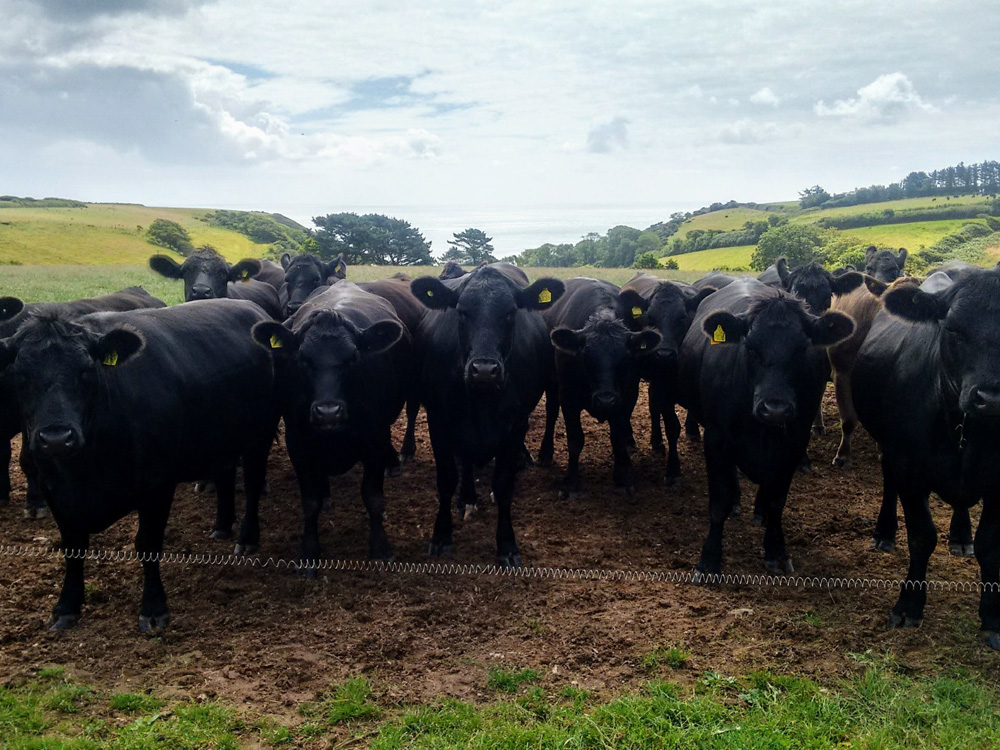The Knight Frank Rural Property and Business Update – 8 February
Our weekly dose of news, views and insight from the world of farming, food and landownership
It’s a bit of a beast, but if nothing else it’s worth having a look at the thought-provoking key headlines from the recently released Dasgupta Review on the economics of biodiversity. They might be challenging for agriculture, but they highlight the role the industry can play in delivering greater biodiversity and the many opportunities that could arise for landowners. Elsewhere, dairy farmers could be set for a fairer deal and badgers are back in the news.
Please do get in touch with me or my colleagues mentioned below if you’d like to discuss any of the issues covered. We’d love to hear from you
Andrew Shirley, Head of Rural Research
4 minutes to read
In this week’s update:
• Commodity prices – Fuel prices heading up
• ESG, agriculture and rural landownership – Talking point and the Dasgupta review
• Badgers – Defra TB consultation causes concern
• Dairy farming – Government promises fairer milk contracts
• International news – US farmland values remain resilient
Commodity markets – Fuel prices heading up
Oil prices have hit 12-month highs with Brent crude creeping closer to the US$60/barrel mark. Hopes of a strong vaccine-driven recovery from the economic impact of Covid-19 and the passing of Joe Biden’s US$1.9 trillion pandemic aid bill have helped to boost markets. UK red diesel prices are now approaching the same levels they were at this time last year. Meanwhile, deadweight lamb prices have lost some of this year’s gains, but are still almost 20% higher than a year ago.

ESG, agriculture and rural landownership – Talking point and the Dasgupta review
Those three letters are loaded with an overwhelming array of implications for businesses, particularly for farms and estates, which in one breath are part of the problem when it comes to climate change and environmental degradation, and in the next part of the solution.
My colleague Alastair Paul from our Rural Asset Management team neatly analyses the issue in the first of a series of Talking Points from the perspective of farms and estates.
Alastair’s comments are timely given the publication of a new review on the economics of biodiversity, commissioned by the Treasury in 2019 and written by Professor Sir Partha Dasgupta.
Weighing in at a meaty 606 pages the thought-provoking review states: “governments almost everywhere exacerbate the problem [loss of biodiversity] by paying people more to exploit nature than to protect it, and to prioritise unsustainable economic activities.
"A conservative estimate of the total cost globally of subsidies that damage Nature is around US$4 to 6 trillion per year. And we lack the institutional arrangements needed to protect global public goods, such as the ocean or the world’s rainforests."

Photo by Conscious Design on Unsplash
It concludes: “Nature needs to enter economic and finance decision-making in the same way buildings, machines, roads and skills do. To do so ultimately requires changing our measures of economic success.”
As CLA Senior Land Use Adviser Harry Greenfield points out, farms and estates will be pivotal in delivering many of the report’s recommendations and the government needs to ensure that the new Environmental Land Management Scheme (Elms) provides the right incentives.
Download the full Dasgupta Review on the economics of biodiversity
Read Alastair’s Talking Point
Badgers – Defra TB consultation causes concern
Culling badgers as part of the war against bovine TB is arguably one of the most controversial issues currently facing farming, with even scientists split across both sides of the debate.
It’s no surprise, therefore, that a new consultation on the next stage of the government’s eradication strategy has whipped up controversy. The NFU claims the government, under pressure from campaigners, wants to replace culling entirely with an unproven vaccination programme.
That’s not entirely the case as pointed out in an analysis of the consultation by Farmers Weekly - intensive culling could continue up until 2026.
Regardless of your views on the efficacy of culling versus vaccination, the debate poses interesting questions about eco-system management where the traditional apex predator is no longer a controlling influence. A coherent debate is difficult when badgers are still erroneously considered an endangered species by many.
Contribute to the bovine TB consultation which closes on 24 March
Dairy farming – Government promises fairer milk contracts

Photo by Daniel hulme on Unsplash
Westminster and the devolved administrations have just agreed to develop a new statutory code of conduct for the dairy sector using section 29 of the Agriculture Act 2020 to increase fairness in the supply chain and help farmers become more competitive.
The move follows a consultation last year amid concerns that imbalances of power within the dairy supply chain - such as buyers having the ability to set and modify the terms of a contract at short notice - were causing instability for milk producers.
In a statement Defra said the responses to the consultation clearly demonstrated the need to introduce new regulations to require certain standards for contracts between those producing and buying milk for processing.
Farming Minister, Victoria Prentis said: “This new Code of Conduct will crack down on unfair practices within the supply chain, supporting the dairy sector and ensuring that our dairy farmers remain competitive as they look to the future.”
Read the full proposals
International news – US farmland values remain resilient
Agricultural land values in the US fell just 0.8% last year, according to the latest figures from the USDA. On average, farmland is now worth US$3,160/acre, although this rises to US$6,110/acre in the Cornbelt states like Ohio and Illinois.
Read the full USDA report